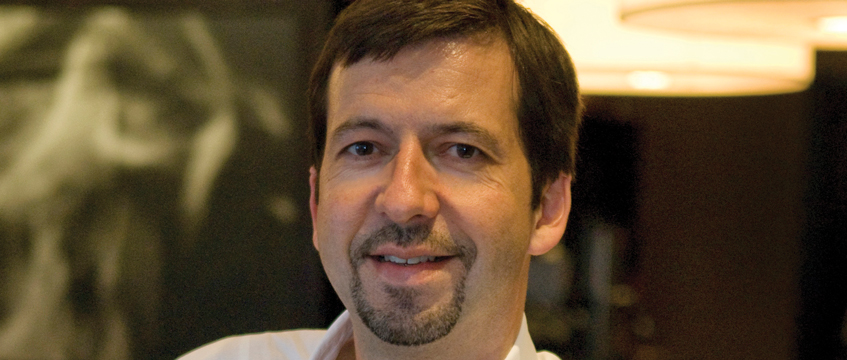Since March’s lockdown, the office industry has worked tirelessly to ensure that its buildings are Covid-secure – planning for a ‘back to work’ movement in September when schools reopened. Tenants, too, prepared office rotas, flexible arrival schedules and cycle-to-work schemes, excited to regroup after months apart. Come September, pavements felt more feet, meeting rooms heard more chatter and old faces regrouped in offices. Our members relayed how much more productive they felt being reunited – even if it was just for one or two days a week. The city began to buzz again.
But on 22 September, the government slammed the brakes on the nation’s ‘return to work’ movement and again asked us all to work from home where possible. We, and many of our members, are dismayed at this U-turn, as – after weeks of the government campaigning for us to go back to the office – the safe ‘back to work’ movement had really hit its stride in London.
For the occupier, months of home working and separation from teams had demonstrated, amongst other things, the practical and productive value of the office. Working in close (but safe) proximity to colleagues is an experience no amount of Zoom meetings or Slack messages can replicate. It’s something we heard time and time again from users in early September: the office is not just a building, but a builder of teams.
Desperate to regroup
Perhaps inevitably, then, sales spiked and Q4 forecasts were looking positive for the industry. New business deals for our office and dedicated desk products experienced a significant increase in the first three weeks of September, as did the usage of our business lounges, co-working spaces, day offices and meeting rooms.
Crucially, though, the last few months didn’t just demonstrate the importance of bricks and mortar to businesses, but how offices can become Covid-19 secure. We found that professionals were gathering in smaller groups and adhering to social distancing guidelines – typically around four or five people convening in meeting rooms, or one-on-one sessions in business lounges.
Building managers and owners across London have also invested significant time and resources into ensuring their spaces are pandemic-proof, so the behaviour of businesses and the buildings in which they were meeting conformed carefully with government guidelines.
We also saw demand for workspaces with access to bike racks and showers increase by 80%, as business leaders sought to reduce their team’s reliance on public transport and maximise the city’s fantastic cycle initiatives such as Boris Bikes and Sadiq Khan’s StreetSpace programme.
This is why this latest set of restrictions is so frustrating. Fundamentally, businesses were desperate to regroup, the industry was ready for their safe return, and we saw first-hand that they were doing so in compliance with guidance and law to minimise the risk of virus transmission.
As such, asking businesses to work from home again is not just a knock to the office industry; it is a blow to morale among London’s business community and another devastating setback for commercial hubs more widely. The city centre is its own ecosystem, and the success of tens of thousands of shops, restaurants, bars and gyms is dependent on office workers. These restrictions not only affect businesses and their offices, but the many other critical components of our much-loved cities.
Entrepreneurial spirit
London’s entrepreneurial spirit, and standing as a world-leading hub of commerce, must not be dampened. For now, we remain committed to seeing the city and its businesses through this next phase of the pandemic. For example, we are providing members with IT support at home and offering advice on safer ways to get around the capital – including cycle and walking routes – to ensure that our members and their businesses continue to thrive.
That said, we saw the safe return to work in motion, so – as long as individuals remain in compliance with social distancing and hygiene guidelines – we are confident that it will continue when the time is right.
Jean-Michel Orieux is chief executive at The Argyll Club











